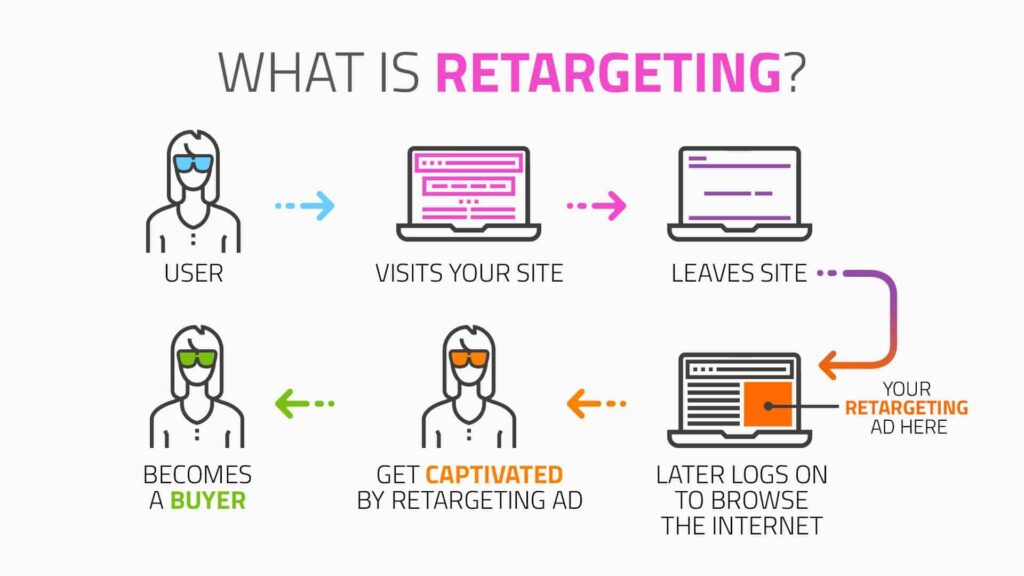Let’s say you have the perfect event, it’s well-organized, and you’ve put tons of effort and time to craft it, to make it one of the most discussed events out there. However, no one has heard about your event. This has definitely happened because —as an event manager—you’ve failed to understand the importance of event marketing, and how it can bring you the number of attendees you projected when you started organizing it.
Nevertheless, event marketing is not only important for bringing attendees. In this article, we’ll provide you with 5 reasons on why event marketing is one of the most important factors for the future of your event management company.
1. Increasing Brand Awareness
The more events you manage, the more reliable and trustworthy you’ll become. Similarly, when marketing your event, you’ll reach out to people who’ll remember your brand and company — making them more aware of your event management company. Brand awareness will enable you to interact more with your established customers as well as your potential clients.
On the other hand, if you don’t do any marketing, then your company and your event will both be forgotten. If no one hears about you or sees posts, information, events from you, then other event management companies that are doing marketing will get to clients ahead of you.
Building an event marketing strategy, however, should be a long-term project. For instance, raising brand awareness doesn’t happen overnight, but with persistent marketing efforts, you’ll gather enough potential clients around your event — allowing you to re-target them in the future.
2. Event Marketing for Sales
The sole purpose of doing marketing in any business is to bring more sales. Whether you have a product, service, or any valuable asset that you want to get the word out about it, then marketing is one way of doing it. Similarly, this will enable you to double or even triple your sales if done well.
Event marketing allows you to measure metrics and collect data about your attendees and future potential clients. For instance, if you’re running Facebook or Google ads, then you’ll be able to learn so much about your client’s buying behavior and plan your next events according to each segment.
Additionally, your event marketing strategy will enable you to know how much you’re spending to get one attendee, and based on that cost you can know how to price your next event. In digital marketing, this is called Cost Per Acquisition (CPA), and that gap between your cost per acquisition and price should be measured so you know how much you’ll benefit from the event sales, and how much can you pay for organizing it and other additional costs.
Measuring all the costs for marketing and acquiring customers will define your Return on Investment (ROI) and it will be great to develop your event sales strategy.
3. Importance of event marketing in Data collection
If you couldn’t convert a client outside the digital world, then he is lost. Nevertheless, if you lose a client in digital marketing, then that potential client will always be in your database. For instance, you might have collected his email with an e-book offer on your website, or you have him like your Facebook page.
Whatever the way you acquired that potential client to your “marketing channel”, you’ll always have a chance to retarget that customer and maybe convert them into a sale in the future. Additionally, you’ll be able to collect data about people who are mostly interested in your events, and why. Most importantly, you’ll have additional information and you can plan your next event according to the data you collected through your event marketing strategies.

Retargeting Marketing. Source: mediaonemarketing
Moreover, the more your database grows, the less spending you’ll have to do in the future since you can simply write emails to the prospects without having to pay for ads or promotional material again.
4. Event Marketing enhances communication with customers
If you’ve been doing event marketing for so long, then you’ve probably acquired so many fans on your marketing channels like Facebook, Instagram, or blog. Growing your audience on your social platforms and marketing channels will ease your communication with clients and potential customers. For example, if you have news that you want to share with your event community, then it will be a simple process.
Likewise, if you want to gain some insight or non-biased reviews about your events, then you can run polls on your Facebook posts, Instagram stories, or blogs. This will make communication with your customers a lot easier and will eventually lead to more sales.
Additionally, if you want to answer some of the frequently asked questions that you get about a certain event, then you’ll be able to do it easily through your marketing channel. Without marketing, all of this wouldn’t be possible and lots of information that you need will be hidden from you.
5. Marketing gives you an advantage over your competition
If your competition isn’t putting any time or money into their marketing, then you’ll be making a profit as soon as you start doing marketing. For instance, if your competitors’ websites are outdated and don’t have responsive designs — adaptable to both smartphones and computers — then marketing your events through blogs will give you an advantage and customers will turn to your website as an alternative.
Similarly, if your competition isn’t publishing regularly and not engaging with their fans on Instagram, Facebook or other marketing channels that they manage, then putting some marketing efforts and following a marketing strategy will bring those leads into your pocket instead.
In conclusion, event marketing is the most important factor in your event’s success. If you don’t have a marketing department then you should create one as soon as you can. Your marketing department will collaborate with the management department, sales, and all other departments to provide them with important insights that your event marketers found online through running a marketing strategy.



